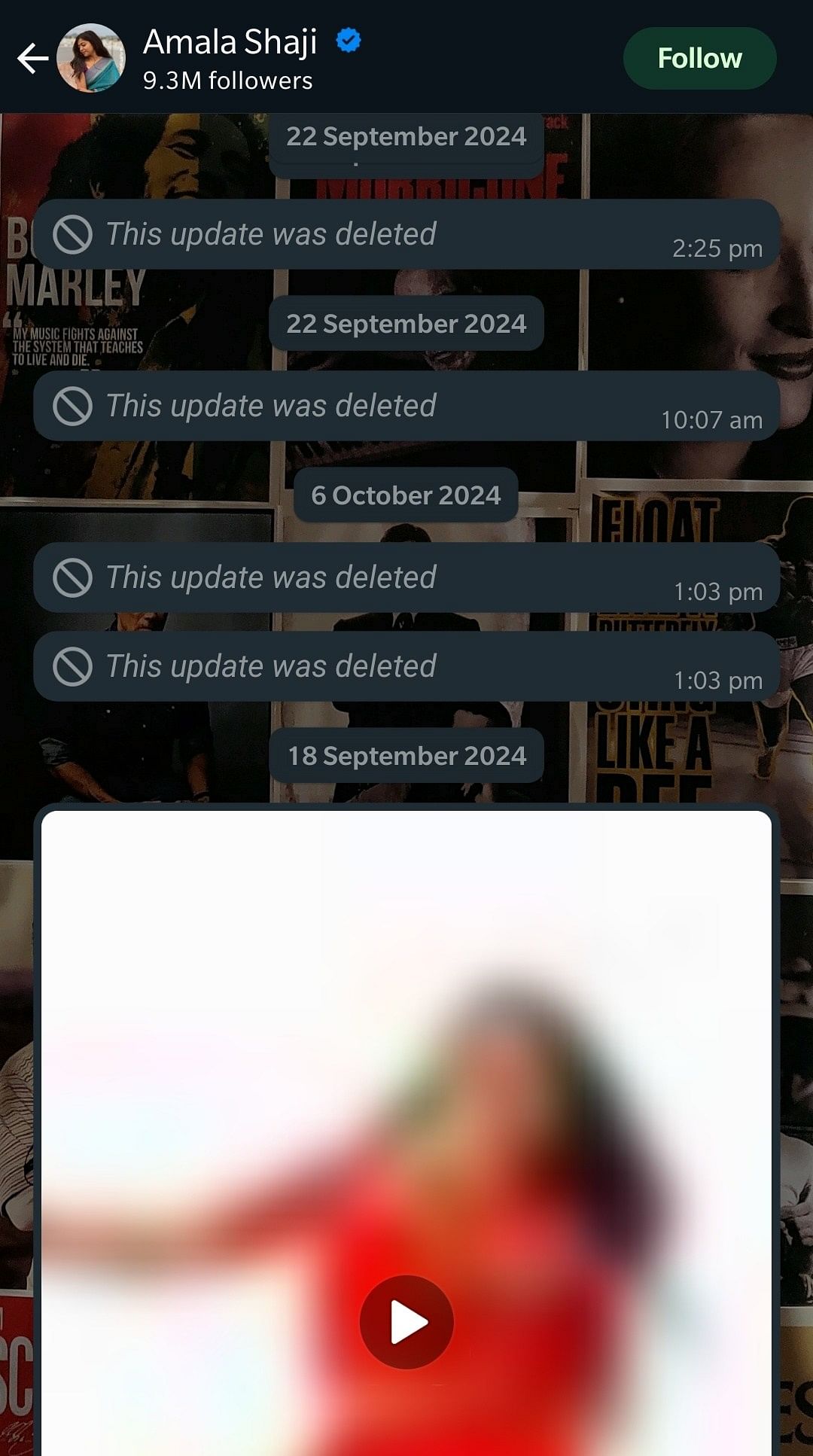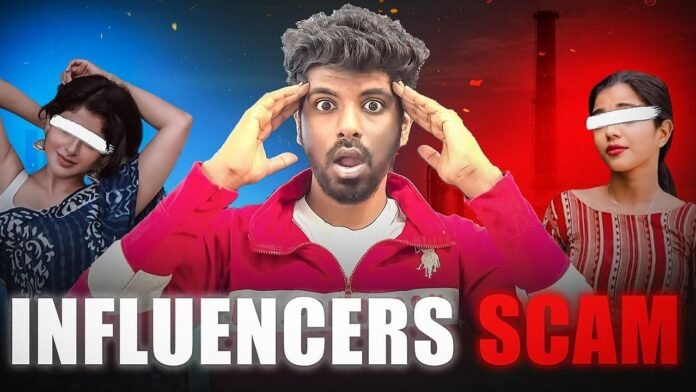Thank you dear subscribers, we are overwhelmed by your response.
Your turn is a unique section of ThePrint with the views of its subscribers. If you are a subscriber and have an opinion, please send it to us. If not, subscribe here: https://theprint.in/subscribe/
IIn the past, the Internet had one major trend per week. Now at least four or five trending topics are hosted in one week. This rapid cycle is dangerous because each scandal can quickly be overshadowed by the next controversy. For example, social media was abuzz for days about South Indian actress Oviya’s scandalous video and her responses to trolls. But the spotlight quickly shifted when Nandakumar, a tech YouTuber known as ‘PC Doc Nanda’, became the talking point of the Tamil Internet Society.
Show full article
Nandakumar runs a successful YouTube channel ‘@A2DChannel’ with 1.77 million subscribers. His expertise lies in explaining complex technical problems in a humorous way, often using memes of famous comedians Vadivelu and Madurai Muthu. Behind the scenes, Nanda works with a team that manages content and expands his ‘PC Factory’ brand, which builds custom systems for users, especially Youtubers and influencers. His influence extends beyond YouTube film personalities like Vijay Antony and G. V. Prakash promote their films on his channel, showcasing Nanda’s rise as a tech influencer and his integration into the larger entertainment ecosystem.
However, Nanda’s rise hit a roadblock when YouTuber Jason Samuel posted a 25-minute video containing allegations against him. Nanda had often said in his videos, “This video is sponsored by Cdkeylabs.com”. Jason’s video revealed that this company, which Nanda had been promoting for months, was owned by Nanda himself. Although it is not unusual for companies to operate under different names. But the problem was that ‘Cdkeylabs.com’ was allegedly selling unauthorized software license keys. Such actions are not only against the law, but also betray the trust of Nanda’s millions of followers. The Internet community reacted indignantly: “You expose the corruption of others, but what about your own?”
This situation reveals a common tendency to question the moral authority of others while ignoring the underlying issues. Our Indian society has a habit of scrutinizing the credibility of those who expose wrongdoing. If only the ‘Purest’ person could point out the faults of others, no one would be able to say anything. The real question then is whether we should criticize someone like Nanda, and if so, on what basis?
Critics argue that as a YouTuber with such a reach, Nanda should not have misled millions of viewers. The case against him raises concerns about the example set for future influencers. His involvement mirrors other controversies involving social media personalities. Influencers like Peter K, Mabu Crush, Prankster Rahul, Amala Shaji, Amritha Shaji, Dayalu Designs aka ‘Taylor Akka’ and actresses like Nidhhi Agerwal, Iswarya MenonDeepa Balu and others have faced backlash for endorsing questionable products, leading to real-life consequences. Reports indicate that between 2017 and 2021, seven people in Tamil Nadu committed suicide due to scams promoted by influencers (Indian Express). By 2023, this number had increased to 38 (alive). Despite such alarming figures, celebrities love it Sarat Kumar keep endorsing online rummy platforms.
In fact, Nanda’s involvement in the Amala Shaji scandal further underlines the risks of influencer marketing. Amala, an influencer with millions of followers, promotes fraudulent investment schemes through her social media. People who trusted her lost significant amounts of money, some even contemplated suicide. When confronted, Amala reacted negatively, which only increased the damage. Nanda’s video exposing her misdeeds was viewed more than a million times, but her number of followers only grew. This bizarre response illustrates the contradictory behavior of audiences who criticize yet continue to support such influencers.

The lack of enforcement of India’s cybercrime laws and the overwhelming number of pending cases provide ample space for such individuals to operate. In this climate, influencers like Amala are exploiting legal loopholes, removing evidence and seamlessly moving their scams to platforms like WhatsApp. With a huge following of 9 million followers on WhatsApp, she promotes voice messaging scams and deletes them after a while to avoid detection.
The short memory of the internet ensures that such figures can resurface unscathed. The public’s tendency to forget ensures that scandals are short-lived, giving influencers the confidence to repeat their mistakes. As one scam disappears, another takes its place, leading to a cycle in which individuals take advantage of the public’s short attention span, and society as a whole sees no benefit.
This pattern has created an environment in which misconduct is normalized. Models and actresses who end up in scandals are more likely to see their number of followers increase rather than decrease. Public indifference only deepens, eroding faith in fairness and fostering a selfish, disaffected generation.
Tomorrow another figure like Nanda or Amala Shaji will emerge, and the cycle will continue. Memes and criticism will surface but be forgotten when the next scandal hits. Accepting these mistakes without proper accountability only breeds a generation that views misbehavior as an acceptable means to success. If we fail to defend ourselves and enforce consequences, we allow this scam to continue, entrenching a culture of toxic selfishness.
These pieces are published as received – they have not been edited/fact-checked by ThePrint





